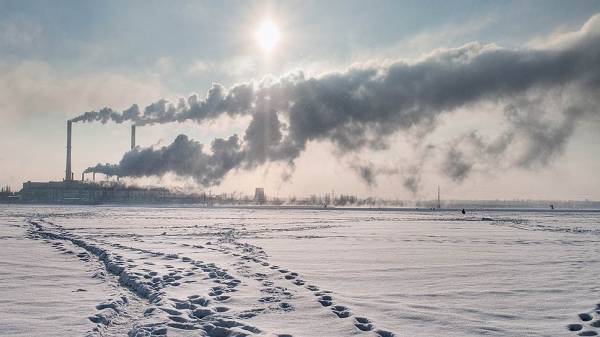Russia has begun the work on the creating a national strategy for adaptation to climate change. According to the Ministry of Environment, the goal is minimizing and preventing the negative effects of climate change as an alternative to spending money on their elimination. Whilst the number of dangerous weather phenomena increases in Russia from year to year, only 6 regions of the Russian Federation are taking action in the field of climate policy: the others are short on the budget.
Amongst the 6 regions is St.Petersburg, where the local coordinators of 350.org try to work closely with the government on the development of the climate policies.

To provide you with the general overview of the situation, the Head of the Ministry of Environment estimates that the annual severe weather conditions cost the Russian Federation about $500 million to $1 billion. And in general, the direct and the indirect effects of climate change are a threat to the economy of the country with the average annual loss of 1-2% of GDP until 2030. According to the Roshydromet Climate Centre (CMAC), in 2016 the most significant effects of climate change have caused the fires in the south of Eastern Siberia and the floods in Primorye.
In general, the average temperatures in Russian Federation have been increasing dramatically: by 0,45 °C during the last decade overall and by 0,8 °C particularly in the polar regions. The Climate Centre is talking about the “deficit” of policy for adapting to climate change.
The inaction of the regional authorities is largely due to lack of funds for climate action.
“We need a federal law that would oblige, as well as allocate the funds to all the regions of the Russian Federation to develop and implement measures to adapt to climate change, as well as to develop the preventative strategy” – said Sergei Donskoi, the Head of the Ministry of the Environment.
Overall most of the experts refer positively to the recent amendments to the strategy, although they noted that the sources of funding for the proposed measures have still ll not been decided.
The original source: Kommersant
For more information, please get in touch with the EECCA regional team.